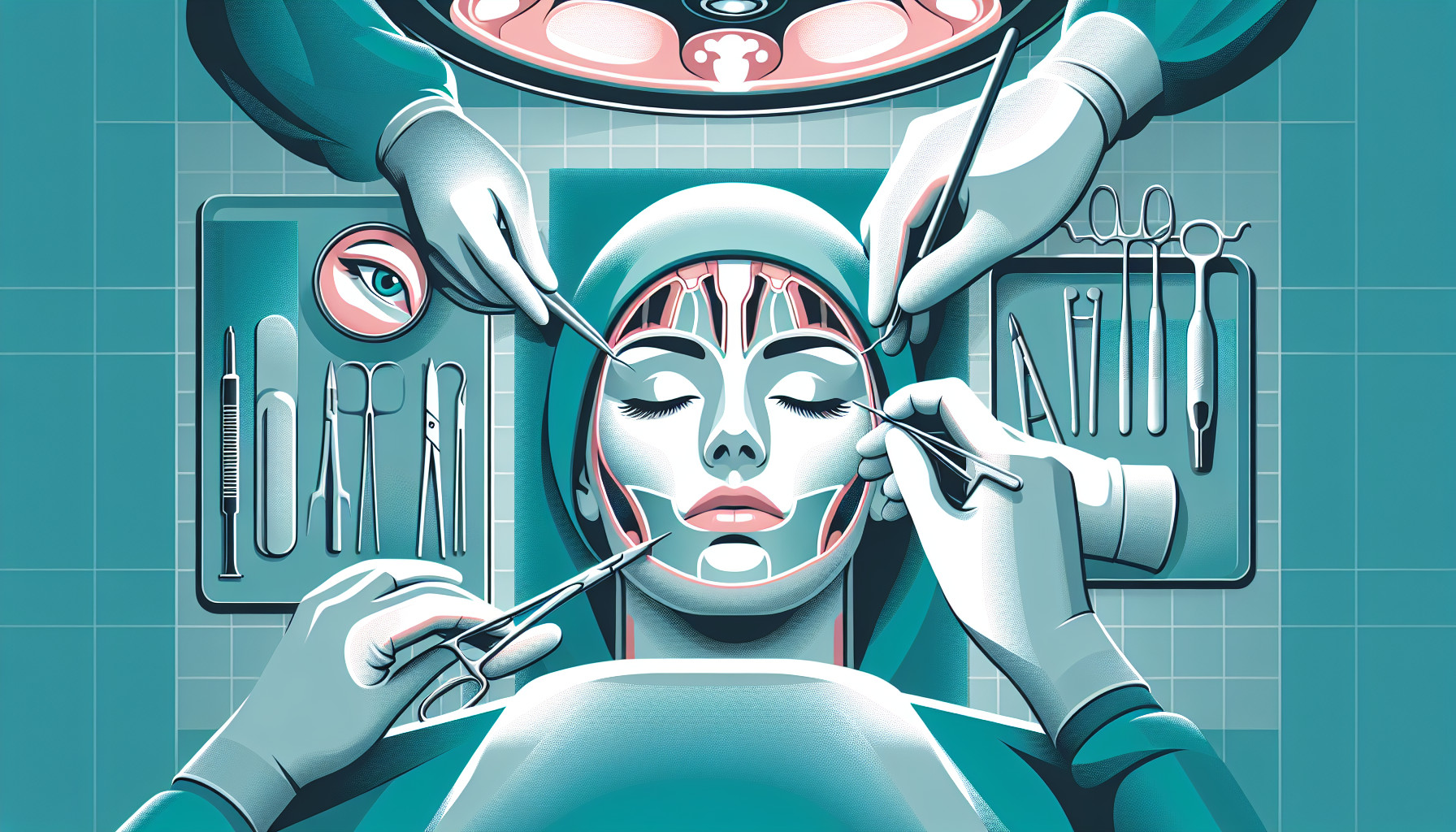Our Summary
This study looked at the impact of jaw surgery on taste sensation. Thirty-five patients were tested for their ability to identify and rate the intensity of four basic tastes before and after their surgery at different intervals. The results showed that for some patients, their sensitivity to certain tastes changed after surgery. In particular, patients who had Le Fort I osteotomy (a type of jaw surgery) showed a significant decrease in their ability to recognize bitter taste (quinine HCl). Similarly, patients who underwent sagittal split ramus osteotomy (another type of jaw surgery) had a significant decrease in their ability to perceive the intensity of sweetness (sucrose) on certain parts of their tongue. These changes were due to potential damage to the nerves responsible for taste during surgery. However, these alterations in taste were not observed in all patients, suggesting that jaw surgery doesn’t typically result in significant changes to taste perception. The researchers recommend that surgeons should inform their patients about potential changes in taste perception following jaw surgery.
FAQs
- What impact does jaw surgery have on taste sensation?
- Does undergoing a Le Fort I osteotomy or sagittal split ramus osteotomy impact the ability to recognize certain tastes?
- Are all patients likely to experience changes in taste perception after jaw surgery?
Doctor’s Tip
A doctor might tell a patient about orthognathic surgery that there is a possibility of changes in taste perception following the surgery. It is important to be aware of this potential side effect and discuss it with your surgeon before undergoing the procedure.
Suitable For
Orthognathic surgery, also known as jaw surgery, is typically recommended for patients with severe malocclusion (misalignment of the jaws), facial asymmetry, difficulty chewing or speaking, sleep apnea, and other functional or aesthetic concerns related to the jaw and facial structure. Patients who may benefit from orthognathic surgery include those with:
- Severe overbite or underbite
- Open bite
- Crossbite
- Protruding or retruding jaw
- Facial asymmetry
- Temporomandibular joint (TMJ) disorders
- Obstructive sleep apnea
- Difficulty biting or chewing
- Speech problems related to jaw misalignment
It is important for patients considering orthognathic surgery to undergo a comprehensive evaluation by an oral and maxillofacial surgeon to determine if they are suitable candidates for the procedure. Additionally, patients should be informed about the potential risks and benefits of jaw surgery, including potential changes in taste perception as discussed in the study.
Timeline
Before orthognathic surgery:
- Consultation with orthodontist and maxillofacial surgeon to discuss treatment plan
- Pre-operative orthodontic treatment to align teeth and prepare jaws for surgery
- Pre-operative appointments for medical clearance and planning
- Education on the procedure and post-operative care
After orthognathic surgery:
- Immediate post-operative recovery in hospital or surgical center
- Swelling, bruising, and discomfort in the days following surgery
- Soft diet and limited jaw movement for several weeks
- Follow-up appointments with surgeon and orthodontist for monitoring and adjustments
- Gradual return to normal diet and activities
- Continued orthodontic treatment to fine-tune bite and alignment
- Long-term follow-up to monitor healing and results of surgery.
What to Ask Your Doctor
Some questions a patient should ask their doctor about orthognathic surgery include:
- What are the potential risks and complications associated with jaw surgery, including changes in taste sensation?
- How likely is it that my taste perception will be affected by the surgery?
- What specific nerves or structures could be impacted during the surgery that may affect my taste sensation?
- Are there any steps that can be taken during surgery to minimize the risk of changes in taste perception?
- How long do these changes in taste perception typically last after surgery, and are they permanent?
- Are there any strategies or treatments available to help manage changes in taste perception if they occur?
- Will I need to follow a specific diet or avoid certain foods after surgery to accommodate any changes in taste sensation?
- Is there a way to assess my taste perception before and after surgery to monitor any changes?
- How common are changes in taste perception following jaw surgery, and what percentage of patients experience this side effect?
- Are there any specific factors or characteristics about my anatomy or medical history that may increase my risk of experiencing changes in taste sensation after surgery?
Reference
Authors: Malkoc Y, Gulsever S, Uckan S. Journal: Clin Oral Investig. 2024 Apr 1;28(4):237. doi: 10.1007/s00784-024-05626-1. PMID: 38558265
